

Today we’d like to introduce you to The Antioch Podcast. Them and their team share their story with us below:
Sure. The full name of our podcast is The Antioch Podcast: Conversations About Biblical Antiracism. We started in 2016 as a podcast to support worship leading and antiracism efforts in local multiethnic churches in the Grand Rapids area. We soon grew into a podcast hosted by Preach Sista! reaching national and international audiences in addition to our original audience in Michigan. Our podcast is hosted by a team of 6 Christian antiracism educators and friends.
This team has changed over the years. The work of antiracism takes a lot of energy and it was difficult to find folks who had the energy as well as the willingness to talk on the record – especially in 2016. Our current team took 4 years to put together. Two of our co-hosts, Rev. Reggie Smith and Dr. Michelle Loyd Paige are African American. Two of our co-hosts are white: Libby Huizenga and Eric Nykamp. Two of our co-hosts represent the vast group of people sometimes referred to as “middle voices” in antiracism conversations – people of color who are neither Black nor white. Susie Dixon is of Puerto Rican and Italian ancestry, and Jane Bruin identifies as Pakistani/Punjabi/or Asian-American. Most podcasts try not to have so many voices hosting a podcast, but for our podcast, we felt that it is important to have this kind of representation around the table.
We describe ourselves as Christian antiracism educators and friends. All three of these parts of our identity are important. We are a group of Christians. We believe that scripture and faith have a lot to teach us, and inspire us, when it comes to justice and the work of antiracism. Churches and faith communities also have been perpetrators of injustice, so we talk about this as well, particularly in our role as anti-racism educators.
But most significantly, we are friends. I think most people might overlook this. We intentionally try to take care of each other in this difficult and costly work. Some days we get on the mics and never start recording because the events of our lives are more pressing than making another episode. But by the time we hit record, we’ve often spent so much time laughing and joking that we need a few takes to get anything remotely listenable.
We have two rules: no surprises and no regrets. We don’t ask ‘gotcha’ questions, especially with guests, and, at any point during or after recording, we can remove any portion of the conversation. We want to create a hospitable, invitational atmosphere where people feel free to share their truth. This can sometimes be hard to do, especially when past attempts at telling our stories have been met with harshness or invalidation. After a few years of weekly conversations rooted in trust, we’ve ended up creating a space where we can actually breathe deeply, cry freely, and speak honestly.
Every episode we have a conversation about matters of race and faith with heavy doses of storytelling, theology, and laughter. Our relationships with one another is the thing that makes it possible to do this well together.
I’m sure you wouldn’t say it’s been obstacle free, but so far would you say the journey have been a fairly smooth road?
Honestly… making this podcast might have been the easiest part of the past few years. Most of us have worked in places where we are asked to have conversations about diversity, equity or inclusion … but the conversations don’t always go as easily. It makes us appreciate the conversations we share together here. Sometimes we joke that this is our “therapy”. Having these conversations each week is something that we look forward to. It isn’t because we agree on everything. We don’t. We have some really big disagreements on some fundamental things. But what is different is that we care about each other. We try to model what a Christlike multiethnic community sounds like where everyone matters, has a voice, and has space to express their thoughts – in all their variety and differences of perspective.
These conversations connect with our listeners, and to be honest, most of what we hear back from them is really positive, which is great. Some of it is also really touching. One listener told us that we were a “lifeline”. They felt alone in a job where they were advocating for the kinds of things we talked about on the podcast at their institution. They were pretty sure that they would be losing their job because they were faithfully advocating for change, and started noticing that their institution was now sending them signals that they were no longer welcome to advocate for change anymore. Hearing our conversations, as a multiethnic team of Christian people filled, them with hope to press on. That kind of thing is lifegiving for us. That’s not an isolated incident, but that is one that stands out.
But not all the feedback is positive. We have a public platform, so there has been public scrutiny. That is to be expected. Internet trolls sometimes have been difficult to handle at times. Some of us individually have been impacted more negatively than others, so the work has come at a cost. People and institutions have pulled funding, that kind of thing. Through it all, God is taking care of us.
We believe that difficult conversations are not creating conflict, rather that we are addressing conflicts that already exist. That said, as folks invested in improving our organizations, we spend a lot of time in those difficult conversations. And we’ve individually and collectively lost different things because of these conversations.
Alright, so let’s switch gears a bit and talk business. What should we know about your work?
We started making our podcast with a focus on Christian antiracism education. That is one of the things we focus on. So, for example, we often focus on the way race relations play out in multiethnic churches when it comes to decisions about worship design and “behind the scenes” interpersonal dynamics between white folks and people of color. For example, when picking songs for worship, whose songs are considered “normal” and whose songs are considered “ethnic” or “outside the mainstream” – particularly in a multiethnic worship context? When it comes to praying for the needs of the community, is praying about the shooting of unarmed Black men by the police something that is considered “too political for worship” or something that is considered worthy of prayer without question? When ICE was conducting raids and deporting undocumented immigrants in large numbers, could we pray during worship about the impact that was having on – for example – various Spanish-speaking communities in our neighborhoods? Were the political perspectives of people who approved of increased deportations centered in worship? Did our Christian communities pray at all about those kinds of things at all, or did we avoid praying about them as if God looked the other way like it wasn’t happening? How are we praying now about the rise anti-Asian hate? On the Antioch Podcast we talk about that kind of thing.
We talk a lot about who is considered to be “the community” in multiethnic Christian contexts. Whose needs and preferences are usually centered and whose needs and preferences are rarely considered? We try to answer these questions using racial language to identify biases. A lot of times these unspoken or assumed biases are in favor of white majority culture or whichever racial/ethnic group is the dominant group of the institution. These biases often operate and dictate the norms of multiethnic Christian institutions, but are seldom talked about, making it difficult for more marginalized people to have their perspectives heard equitably, or to feel that these institutions have their interests fully at heart. It is hard to feel loved when you don’t feel seen.
We talk about both bias and the roots of bias in racism. The history of Christianity has examples of people and institutions who both perpetuated an ideology of racism, and fought against this ideology – what today we would call practicing antiracism. All six of us are trained antiracism educators and know these stories. Not everyone knows this information, so this educational piece is one of the things we focus on.
But as the team grew, we discovered that our other sweet spot was friendship and storytelling. Stories change hearts more than facts. Friendship is inspiring. This is why we spend a lot of time sharing our stories as friends to illustrate the ideas and concepts of Biblical antiracism. Sharing our personal stories, and the stories of people who inspire us, is our other focus.
That is one of the things that sets us apart from other podcasts – we have a team of 6 co-hosts. That’s a lot of co-hosts! Most podcasts have one, possibly two or at the most three hosts. We break that rule – intentionally. Here is why.
There are a lot of good podcasts out there about antiracism, and we are one of them. In 2020 we received an award, being ranked as one of the 50 top podcasts on racism by Feedspot. There are even a lot of good podcasts about faith and race. But when there is a limitation on whose voices regularly dictate the content – often determined by who hosts the most – you can only get as much breadth as the hosts represent. So, we are different because we try to lead with a multi-voice perspective, meaning that we try to have representatives from multiple racial/ethnic viewpoints all the time – in every episode.
There are a lot of podcasts that take on a black-white binary perspective when it comes to discussing race relations. Let’s be clear – there is no conversation about race in America without talking about the history of race between African-Americans and white people, and it makes sense why people may focus on this up to a point. But race-relations in America are broader, and more complicated, than exclusive conversations between Black people and white people. On our podcast, we routinely get at that nuance and complexity which so often is lost when the conversation is limited in this way.
For example, in a lot of conversations about race, there sometimes is an assumption that all people of color see the world in much the same way. This is sometimes more true than other times, and having the opportunity to hear from a broad spectrum of people of color in every episode allows for these nuanced views to become clear to listeners. Our listeners get to know who we are, get familiar with our stories, and over time feel like they get to know us.
One of our practices on the podcast is to make sure that the stories we tell are not all stories of pain. There sometimes is a tendency to ask people of color to share their stories of pain in antiracism education, and this can have a traumatizing impact over time. So, we start every episode with an opportunity for each of our co-hosts to tell a short story in response to a question prompt of the day. We end up telling stories of our childhoods, things we have experienced that have brought us joy, self-care practices, or spiritual encouragement. These uplifting stories are a great window into our lives and give our listener a more well-rounded idea of who we are, rather than imagining us to be a group of people who endlessly talk about antiracism alone. For example, listeners will know by now that Michelle is a vegan who loves Godzilla movies and 50’s and 60’s Sci-Fi movies while Libby is an outdoors enthusiast. Reggie loves to reminisce about growing up in Chicago, while Suzie was a girl who grew up in the projects of New York City … but today loves nothing more than to spend as much time as possible camping on the shores of Lake Michigan! Jane has a gift for hospitality and shares stories of growing up around the globe while Eric grew up in rural Michigan and enjoys playing the piano. We are fully human, quite ordinary people, and our listeners connect to this.
There was this one time that one of us was in the grocery store and someone heard our voice, and recognized us from the podcast. They stopped us and said, “I know we have never met, but I feel like I really know you.” They went on to quote a part of a recent episode and told us what it made them think about – something they had never considered before. That’s happened to a number of us over the years, and lets us know that our stories are connecting with people, and helping people to see their world in a more nuanced way. We often hear from our listeners that the way we speak to each other across race, gender, and generations is one of the most impactful parts of listening. They tell us that it gives them hope, and helps them imagine a world where this kind of thing happens more often.
What’s next?
We are planning our new series for late summer through 2023 and are thinking about doing a series on journeys of faith and antiracism, interviewing common people to people who have bigger names to hear their stories. During COVID we did a number of virtual live events, but we are hoping to do some in-person live events if infection rates continue to drop. So, if there are any churches or institutions out there that are looking to host us, we are here! Also, we have done single episodes or series based on listener requests, so if anyone is interested in asking us to talk about something, we will consider it. You can send those inquiries to us at [email protected]
If you are interested in listening to the podcast, you can find us online at www.antiochpodcast.org,
on Apple Podcasts The Antioch Podcast on Apple Podcastshttps://podcasts.apple.com › podcast › the-antioch-podc… ,
Spotify https://open.spotify.com/show/6gYOYb0NdI3gplkQTyrgxZ
Facebook https://www.facebook.com/AntiochPodcast
Instagram https://www.instagram.com/antiochpodcast/
Contact Info:
- Website: www.antiochpodcast.org
- Instagram: https://www.instagram.com/antiochpodcast/
- Facebook: https://www.facebook.com/AntiochPodcast
- Youtube: https://www.youtube.com/channel/UCJKdKJ3irIBHAl58PJxBVvg
- Other: https://open.spotify.com/show/6gYOYb0NdI3gplkQTyrgxZ
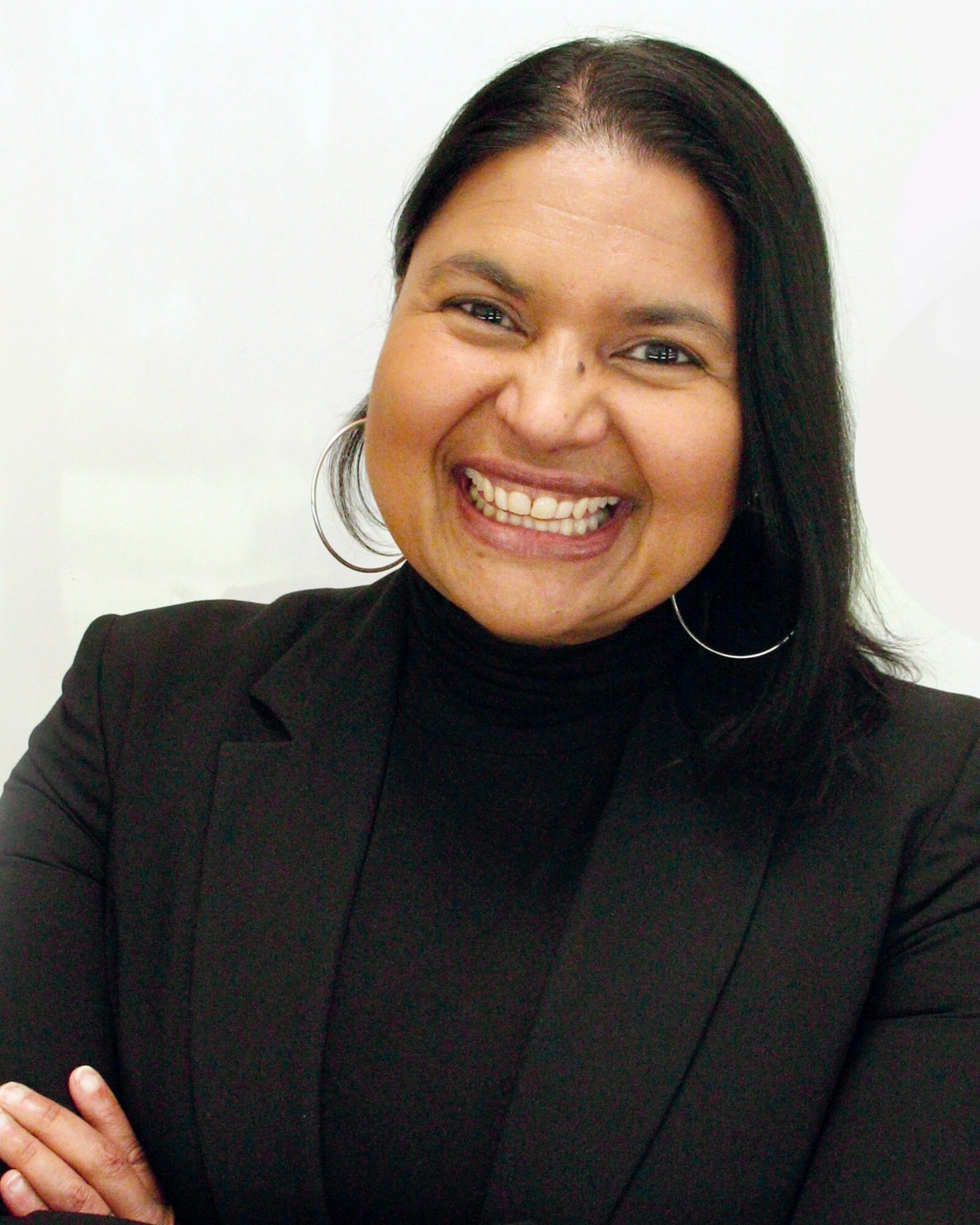
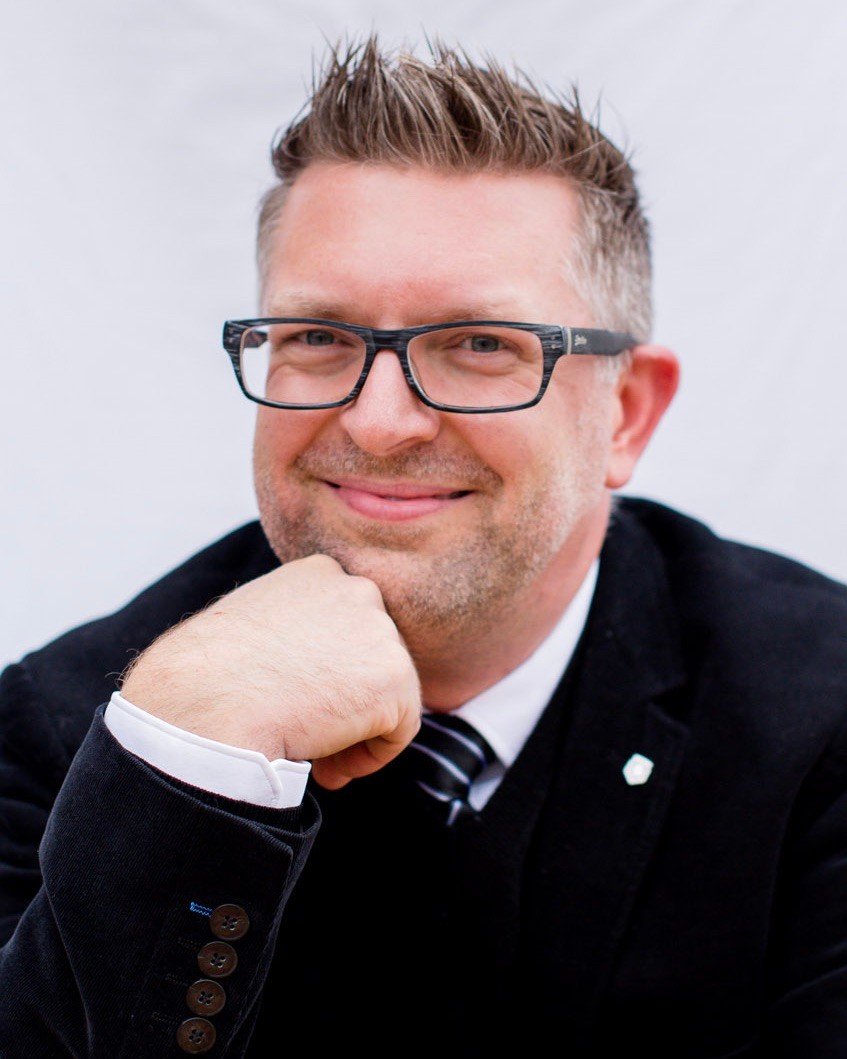
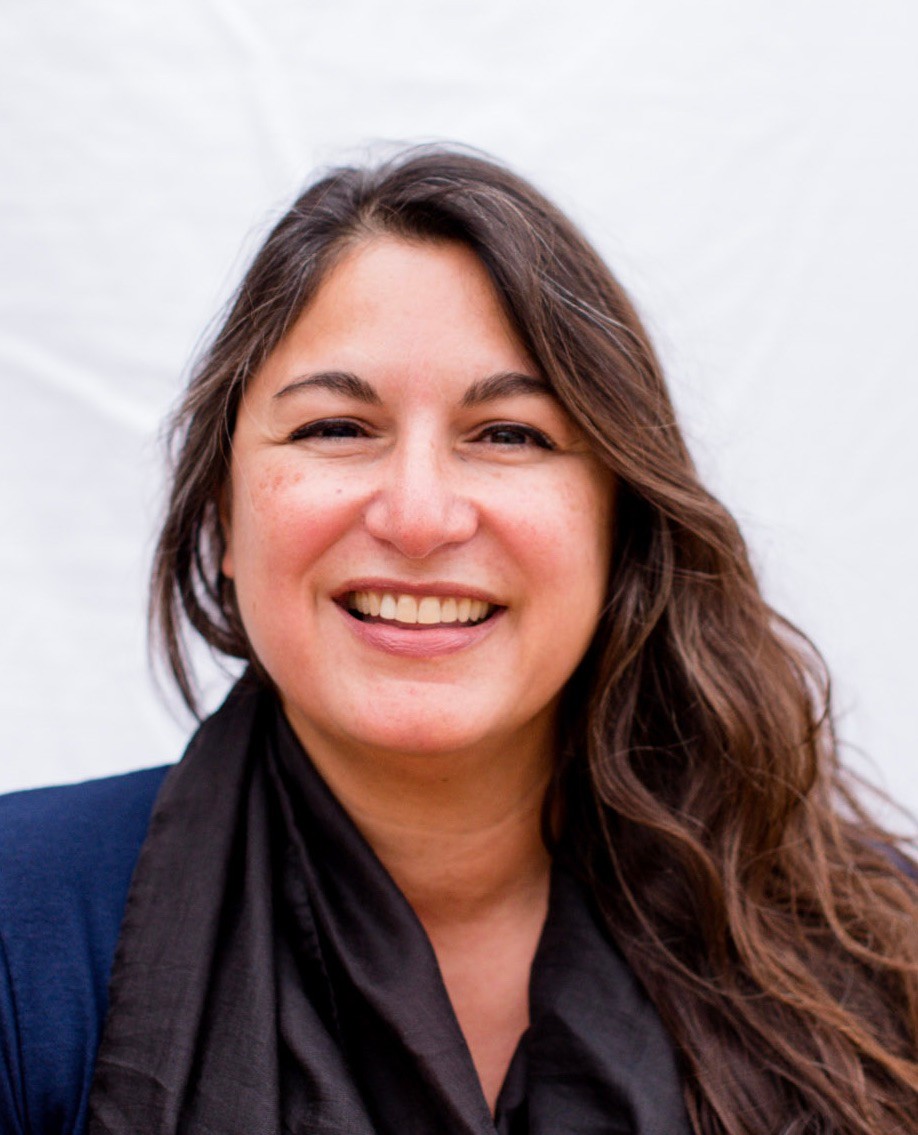
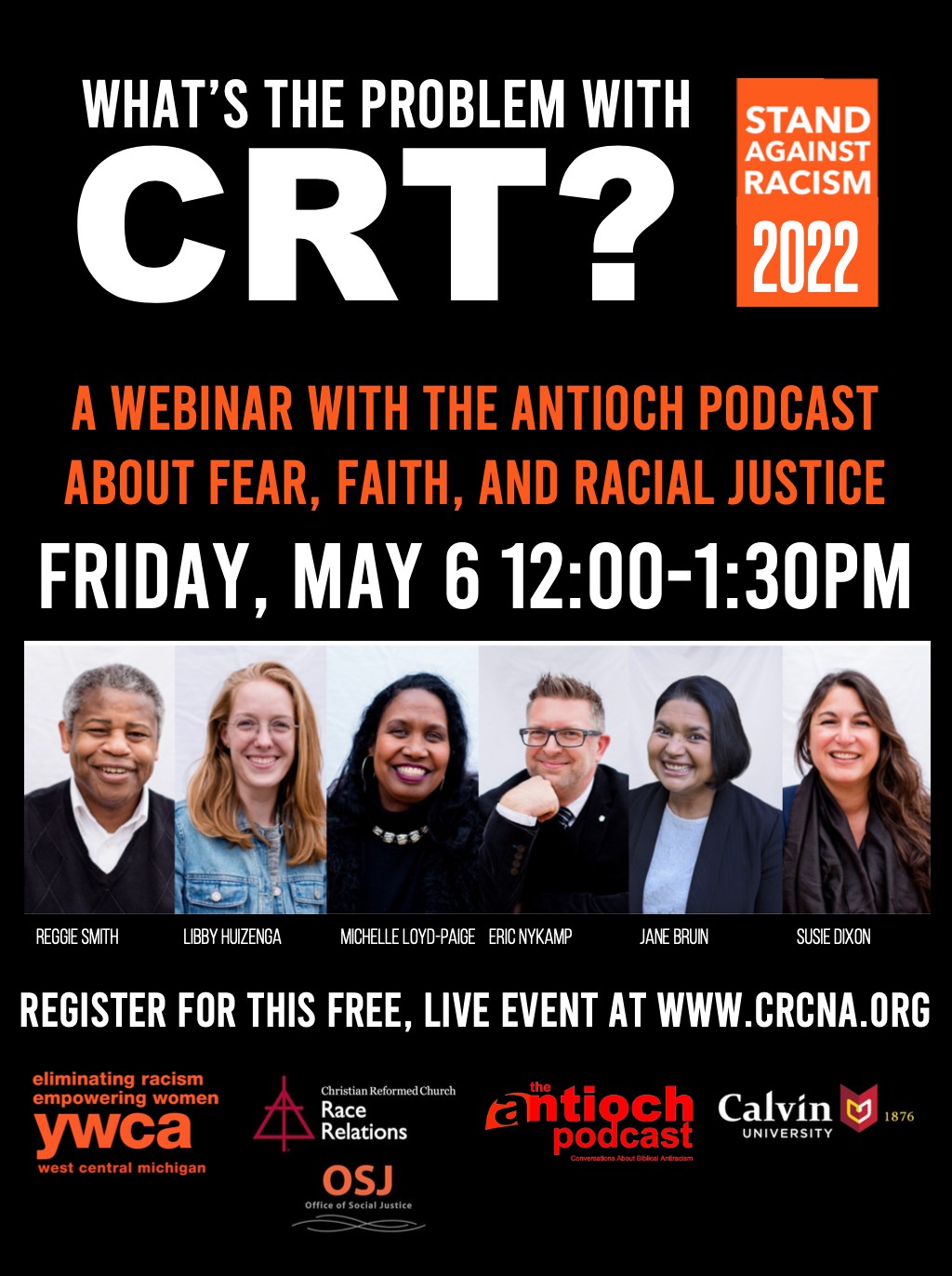
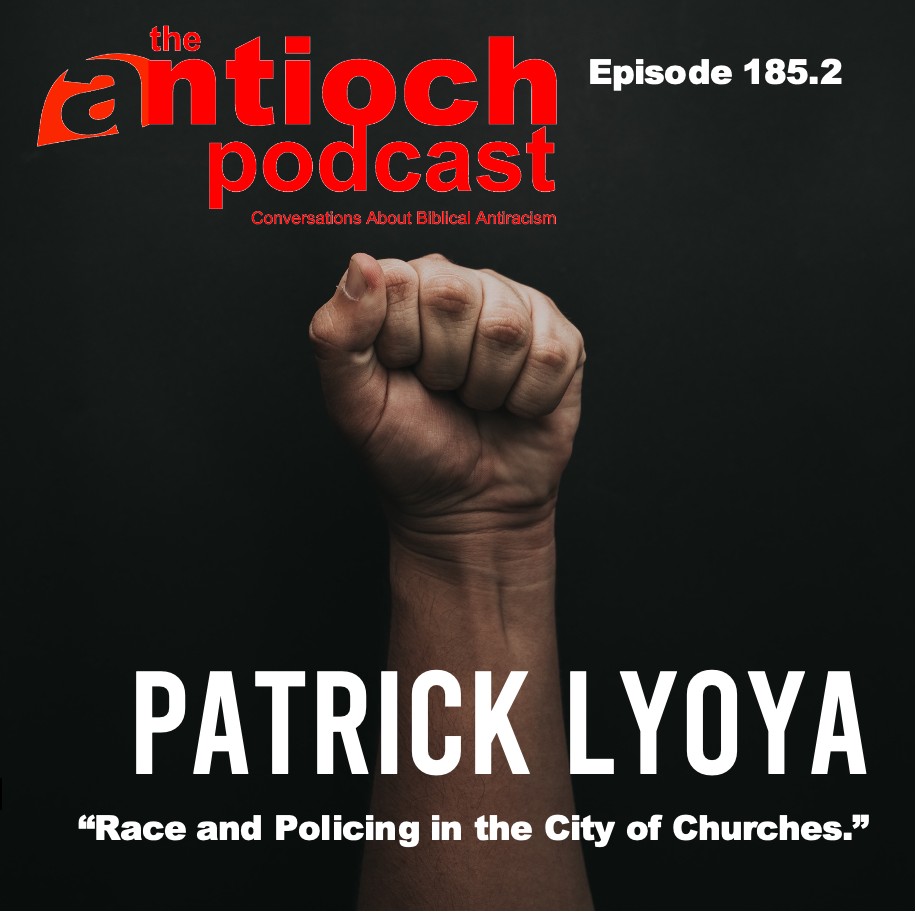
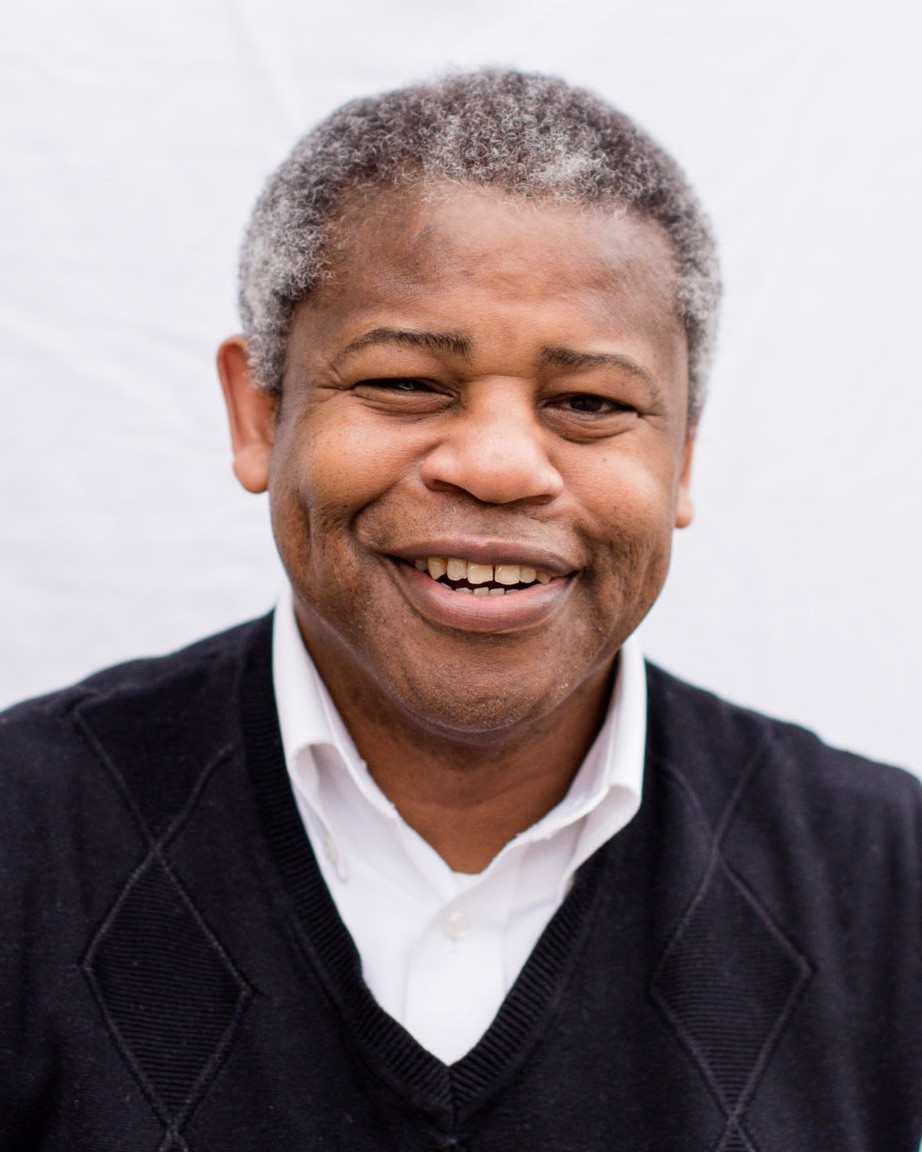
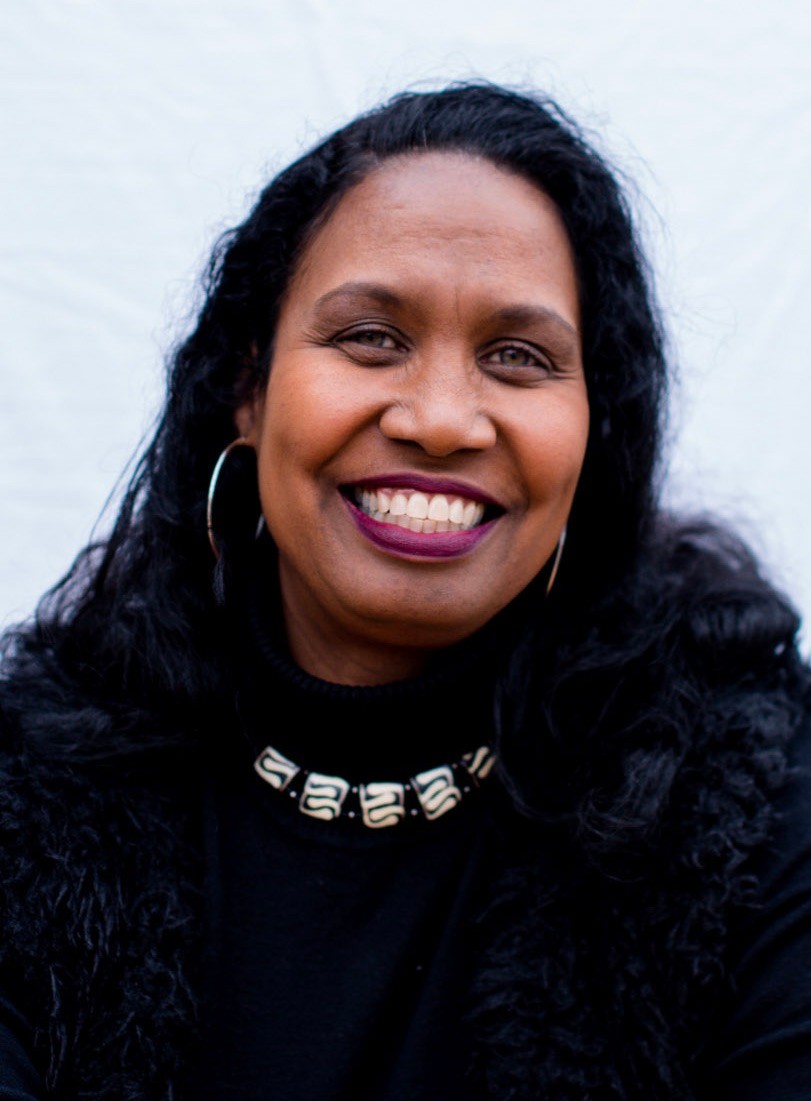
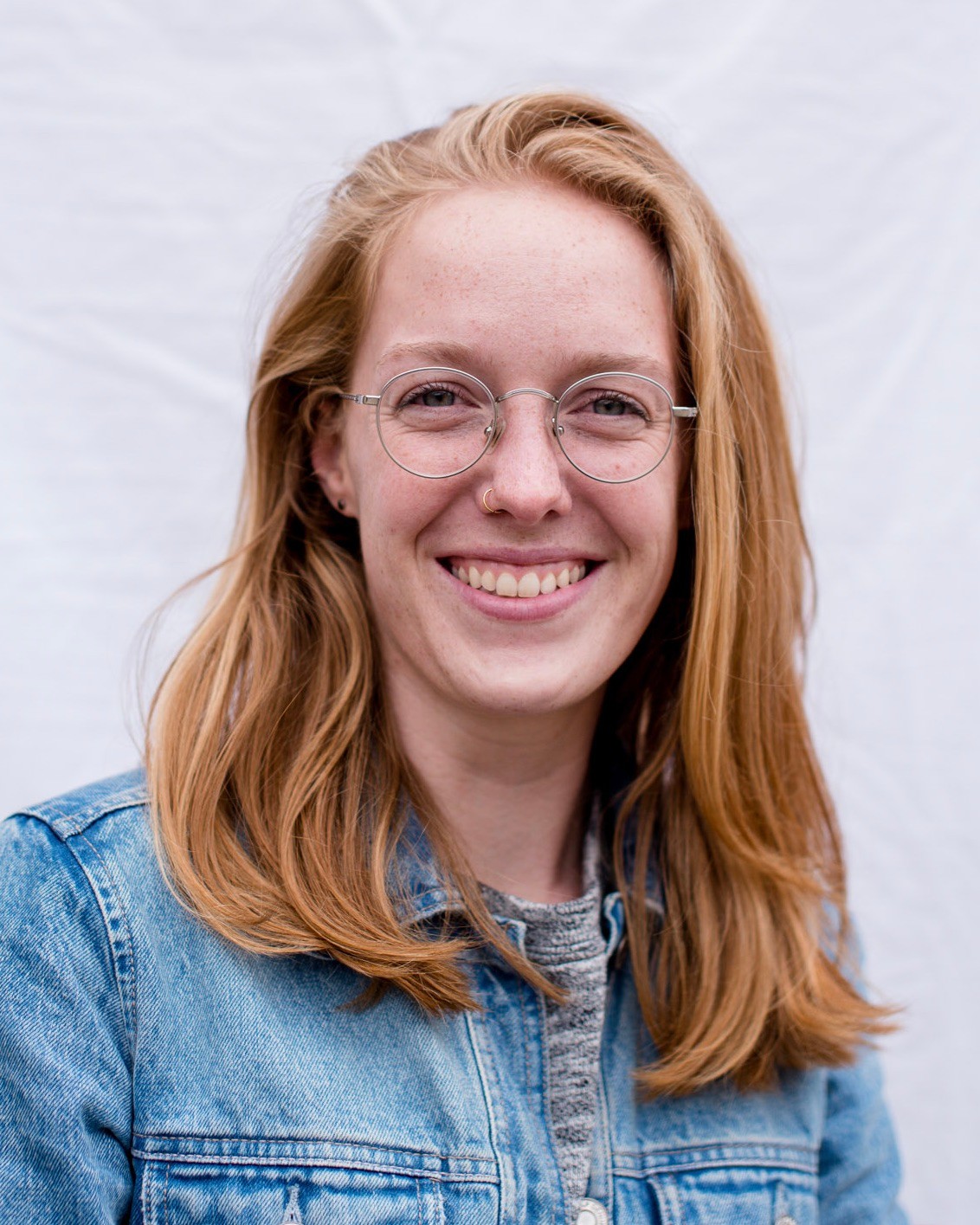
Image Credits
Alfield Reeves











